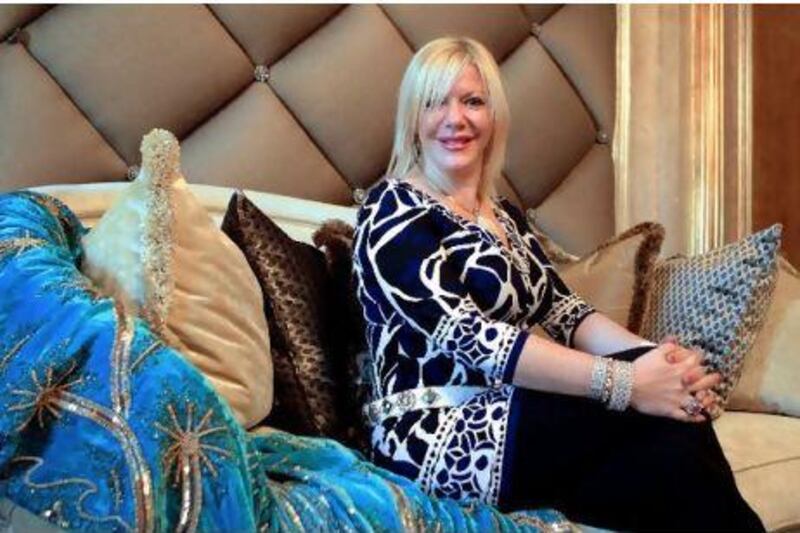Company name can mean so much more
It is easy when entering new markets for all those good intentions to be lost in translation
Neil Parmar
A When the founders of the Naked Pizza franchise launched their first international eatery in Dubai about a month ago, they knew it might be a conversational fire-starter. Which is why customers will not be able to find Naked Pizza anywhere in the emirate.
Hint: Look up NKD Pizza instead.
"The first thing we did was change the name out of cultural sensitivity, and many warnings and admonishments," says Robbie Vitrano, one of the company's co-founders.
Ian Ohan, the GCC area developer for the company, says that "while people [in the US] understand [naked] means natural and honest, here, if someone didn't understand the context of it, it could be perceived as offensive".
There is a long list of branding blunders made by companies as they try to push into new markets. Clairol's Mist Stick curling iron got snickers in Germany, where the word "mist" happens to be slang for manure. One of the more famous howlers involves an advertisement that exclaimed: "Come alive with the Pepsi Generation." The translation in China? "Pepsi brings your ancestors back from the grave."
Needless to say, the slogan quickly fizzled.
"Your company image is important, and within the different countries it'll play out differently," says Jarrett Wolf, a Miami lawyer whose firm also consults with individuals trying to introduce brands into the Middle East from the US. "Have the right local partners who understand the local culture."
In the age of Google Translate, preventing a brand from getting lost in translation seems easy enough. But cloning a service-based business is often more difficult because of different cultural expectations.
In 2005, Perla Lichi had aspirations to expand her Florida-based interior design company into the Middle East. She knew the task would not be easy, given that her projects take an average of three years to complete as she focuses on everything from a building's architecture and design to its furnishings and decorative accessories.
Ms Lichi says she started out by spending about a quarter of her year in the UAE "just testing the market" and building excitement about her opulent, palatial "Perla Linchi look". That's when she decided to tweak her approach with clients. "I had to really become familiar with the culture," Ms Lichi says. "[Emiratis] are very spiritual, family-oriented people. They take their time."
Clients in the US, by comparison, "look at me as a professional, and I'm not as personal with them as I'd say I am with the Emiratis, especially the ladies".
Ms Lichi also discovered that completing a project in the emirates required dealing with - and getting approval from - every member of a family, as opposed to a single person back in the US. One villa she designed, for instance, featured nine bedrooms for nine children, and each was allowed to sign off on the room's design. "They all wanted a certain style in their room," she says. "I had to switch from modern to classic to funky."
These days, Ms Lichi spends well over half of her year here and has worked on villas in Dubai, Abu Dhabi, Sharjah and Ras al Khaimah, as well as a 40,000 square foot palace in Umm al Qaiwain. Her first interior design office in the region opened in Dubai in 2008 and her second shop was launched in Abu Dhabi last September.
"It's a big commitment, financially and professionally, to invest all this time and effort in a whole other country," says Ms Lichi. "In my case, it's worked out because my business is based on relationships."





